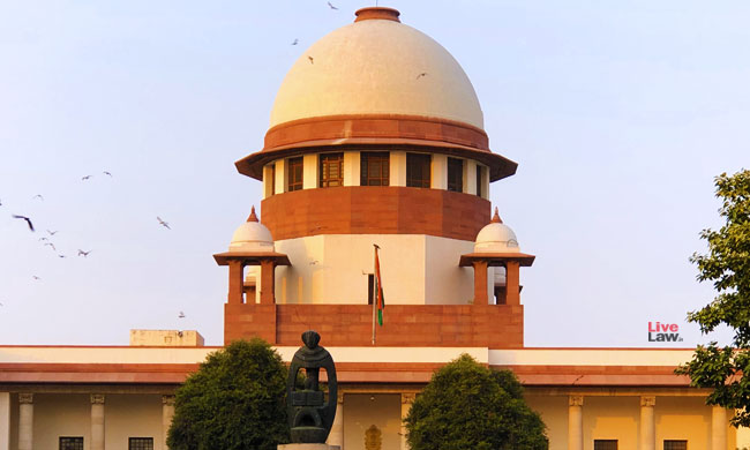Rafale, Sabarimala, Ayodhya & More : Major Events To Look Forward To After SC Reopens
LIVELAW NEWS NETWORK
30 Jun 2019 8:34 AM IST

Next Story
30 Jun 2019 8:34 AM IST
The Supreme Court will be dealing with a lot of crucial matters as it reopens on July 1 after a seven week recess.Some of the major events to look forward to are :Conspiracy plot against CJI in sexual harassment caseThe biggest event which shook the Court shortly before summer recess was the sexual harassment allegation made against the Chief Justice of India Ranjan Gogoi by a former...
